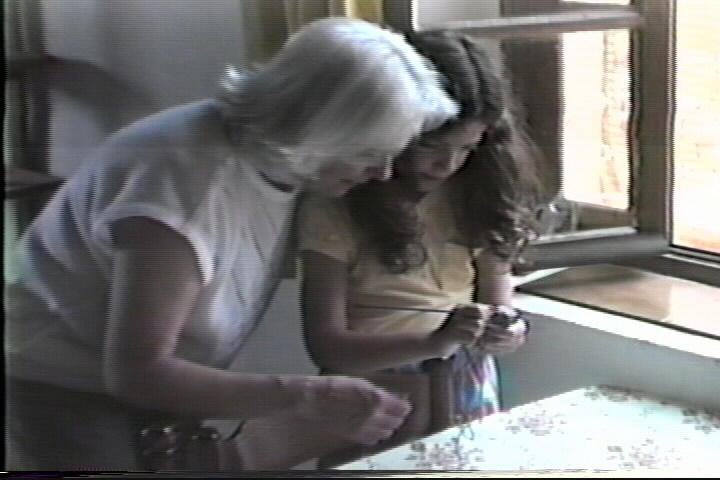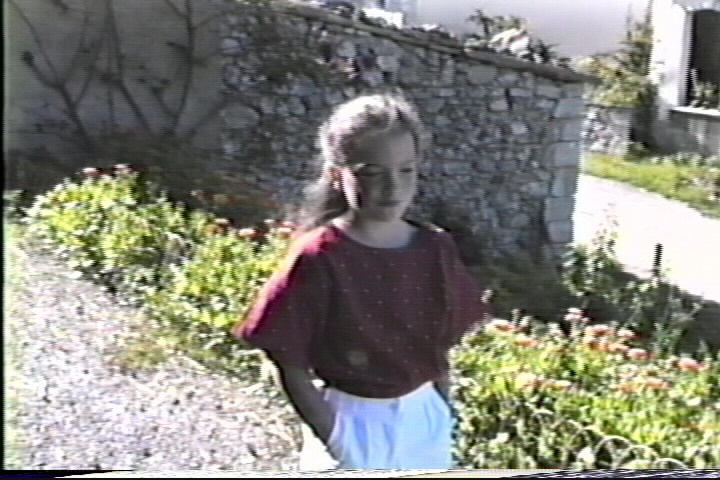What if social scientists concerned with “education” took seriously the word “education”? What if they came to wonder whether it might make sense, to account for what we see around the world as we observe human beings making their world together in all sort of conditions, to postulate the reality of a separate kind of human activity, education, that is not to be reduced to other kinds, and particularly not to “learning”? What if anthropologists, as the social scientists who have been most concerned with the products of change, “cultures,” focused on the process of change, leaving aside the usual concerns with, precisely, these products.
Here, I intend to illustrate what might be gained by adopting this perspective. I do so by looking at two moments in one family’s life. The first moment could be dismissed as, at most, an ephemeral occasion for the “informal” learning of a minor skill. The second could be dismissed for not being “about learning” in any of the usual senses.
If culture is about the making of powerful moments in history that then become consequential for future generations, then we should see this construction even in the fleeting moments when parents and children spend time teaching each other about such mundane things as, say, knitting, or visiting the neighbor’s goats.
Analytically, the important step here is to focus on the uncertainty as a fundamental property of each moment in the interaction. The point is not to try and hypothesize what the participants “must have known” to do what they did, but to notice that they are actually involved in finding out what they will have done. For example, the statement “the knitting lesson” came at the end of the sequence and thereby constituted, though only for a moment, what had been happening, retrospectively and for the current participants.
Work, movement, ignorance, these are precisely the matters that may be most powerful in accounting for such events as I explore in this paper. Continually the participants can be seen seeking what to do next, challenging each other with new possibilities, working at making something even if the face of uncertainty and actually attempting to figure out who each other is to be, at any moment. This may be the most fundamental uncertainty.
What I have been doing here is recasting this work of discovery as a fundamentally educational work that can recast a certain way of generalizing what we observe when as, educational researchers, we look at the people about whom we are to say something. So, I am not saying that the five people who appear in this paper do not do what they are doing “because” they “know” how to be American and French in a hamlet of Southern France. The people, it is more useful to say, are making a life through the continuing discovery of what can be placed within this life.
- Main paper
- Resources (transcripts, etc.)
 |
"the knitting lesson" |
 |
"they always run off as soon as you come towards them" |
For historical reasons, one may want to look at a first approximation of this paper from June 2005